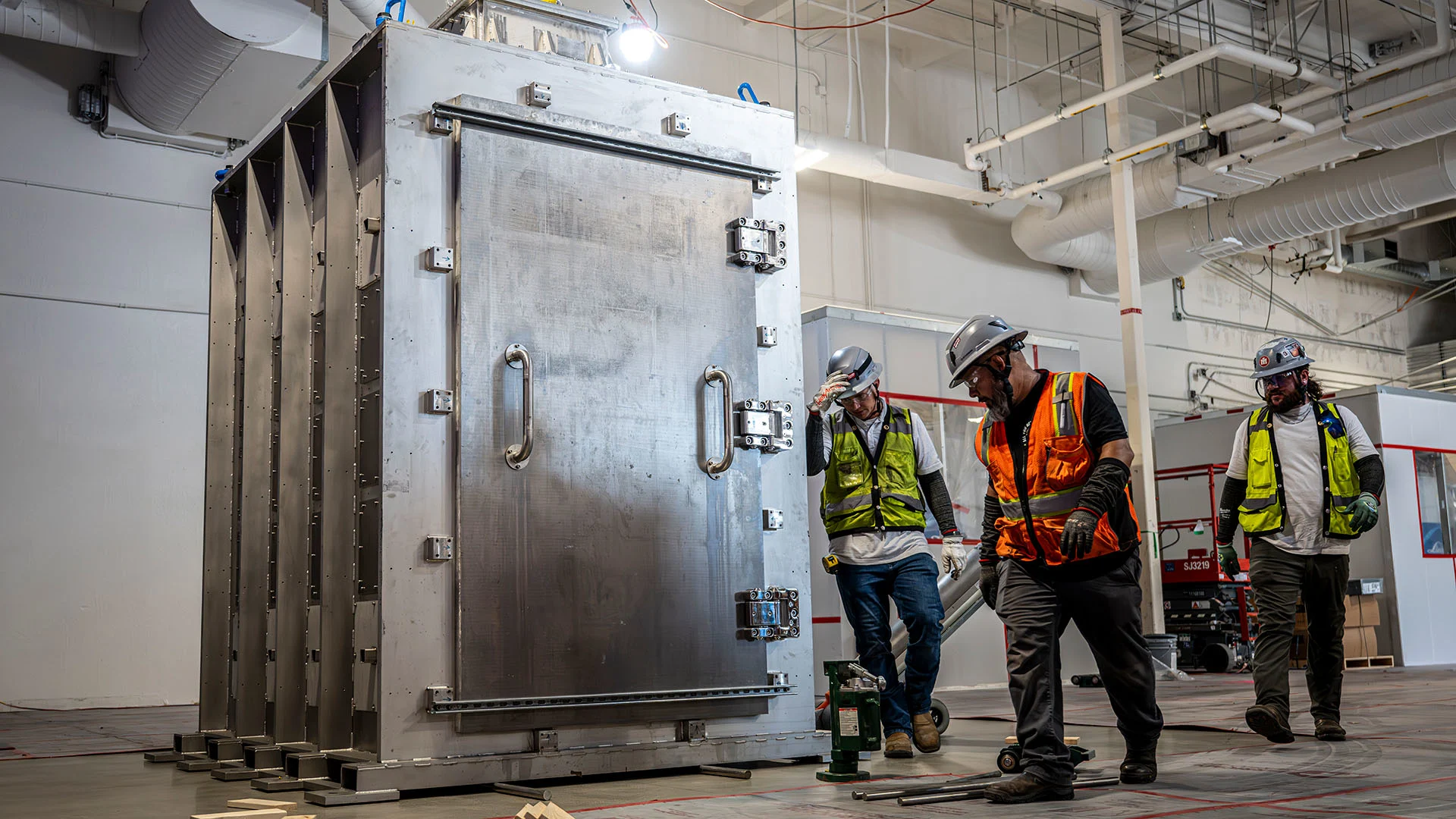
Quantum computers are powerful, but a practical quantum machine that’s useful for everyday tasks remains elusive. In fact, proponents of quantum computing say it could be another 10 years before there’s a breakthrough that’s suitable for commercial applications. Even companies that are working on prototypes (including Google) say they don’t expect to deliver a useful quantum computer until the end of the decade. PsiQuantum, however, is targeting 2027.
Investors in the Palo Alto-based company are believers. The company closed a Series E funding round earlier this month that raised $1 billion from backers that included BlackRock, Macquarie Capital, and Nvidia’s venture-capital arm. PsiQuantum currently boasts a valuation of $7 billion, putting it at the same level as H&R Block and Alaska Airlines.
The company says it will use the money raised in this round to break ground on quantum computing sites in Brisbane and Chicago in the coming months, deploy large-scale prototype systems and integration, and advance the performance of its quantum photonic chips.
“Today there are no useful quantum computers,” a company spokesperson told Inc. “The quantum computing industry won’t have any practical impact until we have very large-scale, fault-tolerant quantum computers.”
Featured Video
An Inc.com Featured Presentation
Quantum computing is a relatively new field in computer science that, at its core, will allow computers to work exponentially faster than they do today. At the most basic level: Today’s computers (and super computers) do what they’re told to do using binary codes and bits—represented as a 0 or 1. Quantum computers let those bits be 0, 1, or even both simultaneously. That allows them to perform complex simulations in a fraction of the time.
While most startups in the field start with small machines, PsiQuantum is jumping right into the deep end. The Brisbane system should be online by the end of 2027, the company tells The Wall Street Journal. And the Chicago one should be operational by 2028.
“Only building the real thing—million-qubit-scale, fault-tolerant machines—will unlock the promise of quantum computing,” said Jeremy O’Brien, PsiQuantum co-founder and CEO in a statement. “This is a grand engineering challenge, not a science experiment. We tackled the hardest problems first—at the architectural and chip level—and are now mass-manufacturing best-in-class quantum photonic chips at a leading U.S. semiconductor fab. With this funding, we’re ready to take the next decisive steps to deliver the full potential of quantum computing.”
Even if PsiQuantum succeeds in getting an operational quantum computer up and running in such a short time, there could be a roadblock before it begins living up to its potential. With the technology still largely seen as being many years away, human training on how best to use quantum computing is still in the nascent stages.
That’s starting to change. Microsoft, earlier this year, unveiled several programs to help businesses envision use cases, launch skill workshops and learn about the safe use of these new tools. The Quantum Ready program aims to help organizations prepare a strategy for a quantum future, offering guidance on quantum safety and security. The Quantum Safe Program, meanwhile, offers a deeper dive on transitioning to new cryptography standards and potential emerging threats in the upcoming quantum age.
A PsiQuantum spokesperson says the company is “already working with partners (which include Mercedes Benz and Mitsubishi Chemical) to prepare them for the arrival of commercial systems. Quantum computing will open entirely new frontiers at the microscopic foundations of the physical world, from fertilizers to battery chemistry to fuels to semiconductor processes.”
This week, it also rolled out a suite of software tools to partners that its internal researchers have used to design and develop algorithms for quantum computers.
Regardless of when it goes mainstream, the excitement levels surrounding quantum computing could exceed those of artificial intelligence. Bank of America, in a note to investors this summer, said “This could be the biggest revolution for humanity since discovering fire. A technology that can perform endless complex calculations in zero-time, warp-speeding human knowledge and development.”
Quantum computing’s ability to parse data and solve complex problems could have far reaching implications in fields ranging from security to healthcare. And while there are bigger names working on the issue (as well as plenty of other startups), PsiQuantum is hoping to pull ahead with its big bet on the Brisbane and Chicago systems.
“Nearly nine years after we started, we have pushed the technology to an unprecedented level of maturity and performance,” said Dr. Pete Shadbolt, PsiQuantum’s co-founder and chief scientific officer. “We have the chips, we have the switches, we have a scalable cooling technology, we can do networking, we have found the sites, we have the commercial motive and the government support – we’re ready to get on and build utility-scale systems.”



